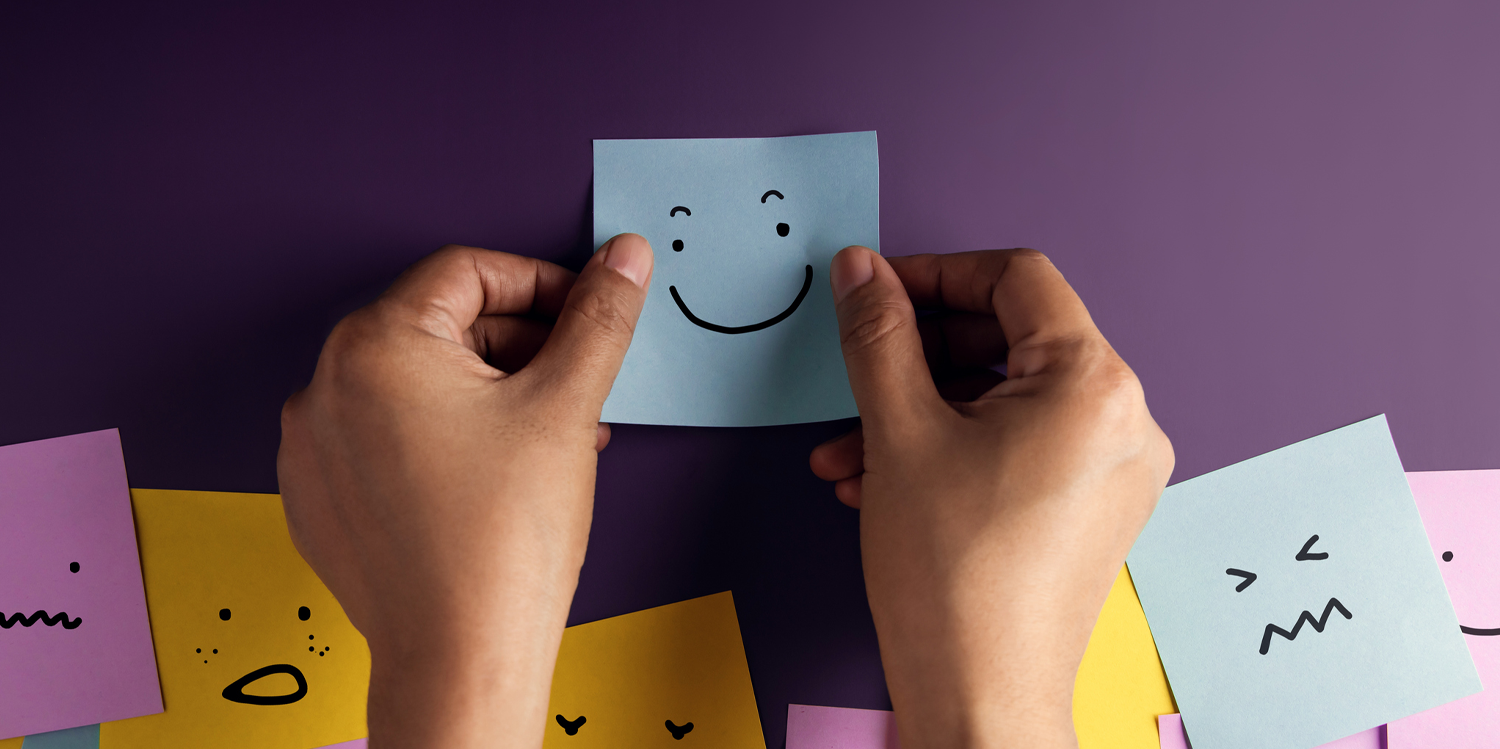 A new mental health assessment tool that does away with technical language and complexities that many of the existing questionnaires have is now available to doctors and patients.
A new mental health assessment tool that does away with technical language and complexities that many of the existing questionnaires have is now available to doctors and patients.
Developed by ECU psychology researcher and senior lecturer Dr Shane Rogers the Brief Emotional Experience Scale (BEES) was designed to be accessible, intuitive, and easy to use.
Dr Rogers tested the short, simple questionnaire on more than 7000 people and believes it could be useful for health professionals who may want to encourage patients to use it as a self-check in tool.
It pairs positive and negative emotion adjectives like ‘happy–sad’ or ‘calm–worried’ to provide a balanced assessment of emotional health.
Details of the large-scale study that validated the tool’s effectiveness have been published in the journal Behavioural Sciences.
Dr Rogers said the BEES was created to offer a reliable emotional wellbeing measure that could be completed in just a few moments.
“Many existing mental health questionnaires are long, complex or use technical language,” he said.
“We wanted to develop something that was clear, quick to complete, and appropriate for a wide range of people regardless of age, background, or literacy level.”
Unlike other tools that focus solely on high-intensity emotions like excitement or anxiety, the BEES covers a broader range of everyday emotional experiences using balanced pairs of positive and negative feelings.
The study found that the BEES results matched closely with established psychological tools like the Depression, Anxiety and Stress Scale (DASS-21) and the Kessler Psychological Distress Scale (K10).
It also caused less discomfort for participants, which Dr Rogers said was a key factor in encouraging honest and ongoing self-reflection.
RELATED: Digital mental health support for people with complex needs
“Participants reported feeling more comfortable using the BEES compared to other mental health questionnaires,” he said.
“That’s important, especially if we want people to regularly check in with themselves or use the tool in settings like schools, workplaces, or healthcare.”
The research also helped establish new scoring bands to identify people experiencing higher levels of emotional distress; about 20% of females and 10% of males in the study fell into this category.
“These insights can help identify people who may benefit from extra support, without needing a long or invasive survey,” Dr Rogers said.
“It’s about giving people a tool that’s both scientifically sound and easy to use in everyday life.”
The BEES is freely available for anyone to use.
“We’re hoping to see the BEES used more widely, whether it’s by schools wanting to monitor student wellbeing, researchers looking for a flexible measurement tool, or anyone interested in keeping track of how they’re feeling,” Dr Rogers said.
Future research will focus on testing the BEES in different cultural contexts and over longer periods of time, including its ability to track emotional changes after interventions or during life transitions.
Want more news, clinicals, features and guest columns delivered straight to you? Subscribe for free to WA’s only independent magazine for medical practitioners.
Want to submit an article? Email [email protected]

